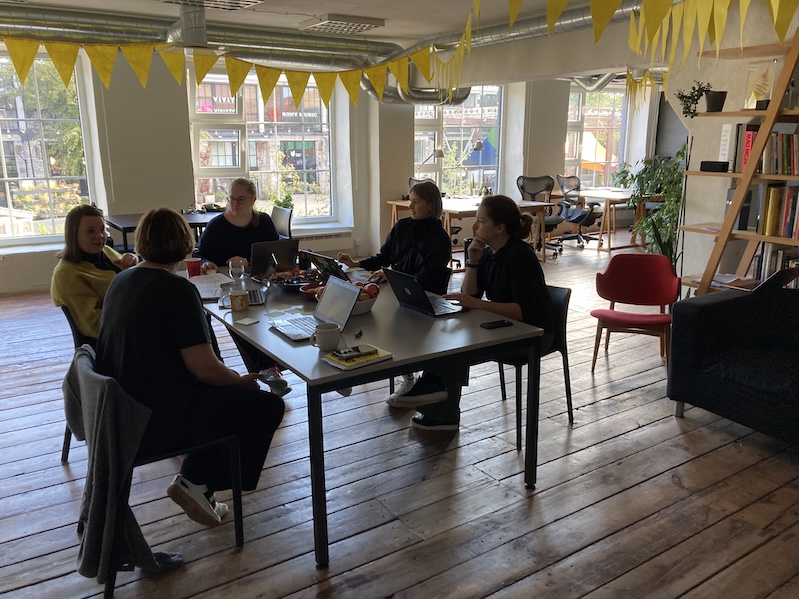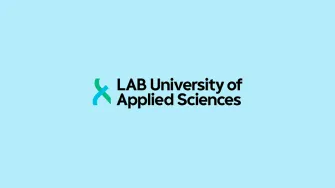The course framework: Beyond Circular Design
Developed through an Estonian–Finnish collaboration, the Circular Design Training Program project resulted in a new training framework that supports designers in adopting circular and regenerative design practices. The Beyond Circular Design framework explores how designers can strengthen their role as change-makers in the sustainability transition.
Beyond Circular Design aims to equip designers to become circular design leaders within their respective industries. It focuses on understanding the evolving role of designers and effectively integrating sustainability and circularity into specific design fields. The framework also seeks to empower designers to navigate obstacles, seize opportunities, and drive the transition towards a circular economy — ultimately fostering the development of future-oriented design skills.
Co-created with professionals, educators, and stakeholders through iterative workshops and collaborative development, the framework offers practical tools and insights to help designers move from linear to systemic and regenerative design approaches. Download the Beyond Circular Design Report.
All the "Beyond Circular Design: Skills for Systemic Change" materials created in the project are available on the Estonian Design Centre’s website in Finnish, Estonian, and English
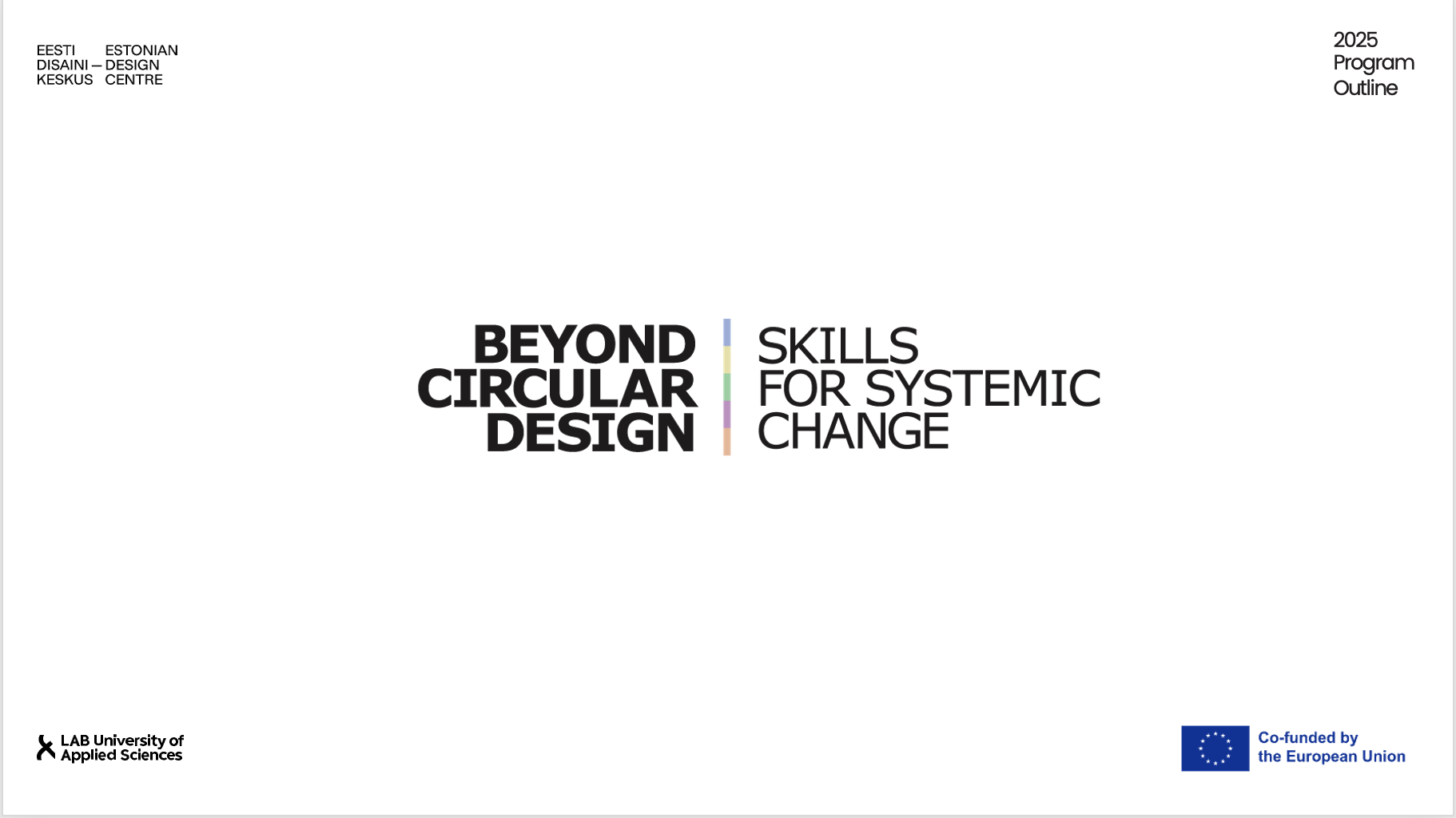
Design Talks – Beyond Circular Design
On August 14th, 2025, the Circular Design Training Program hosted an online Design Talks seminar to celebrate the launch of its new designer development curriculum, Beyond Circular Design: Skills for Systemic Change. The event included a final presentation of the Erasmus+ project and a Q&A session with the project team.
The Beyond Circular Design program is designed to equip designers with the mindset and skills needed to lead systemic change. By integrating sustainability, circularity, and planet-centered ethics, the curriculum empowers designers to create regenerative, resilient, and inclusive solutions. The program consists of five interconnected modules: systems, people, business, design field, and design process. Download the Final Presentation here
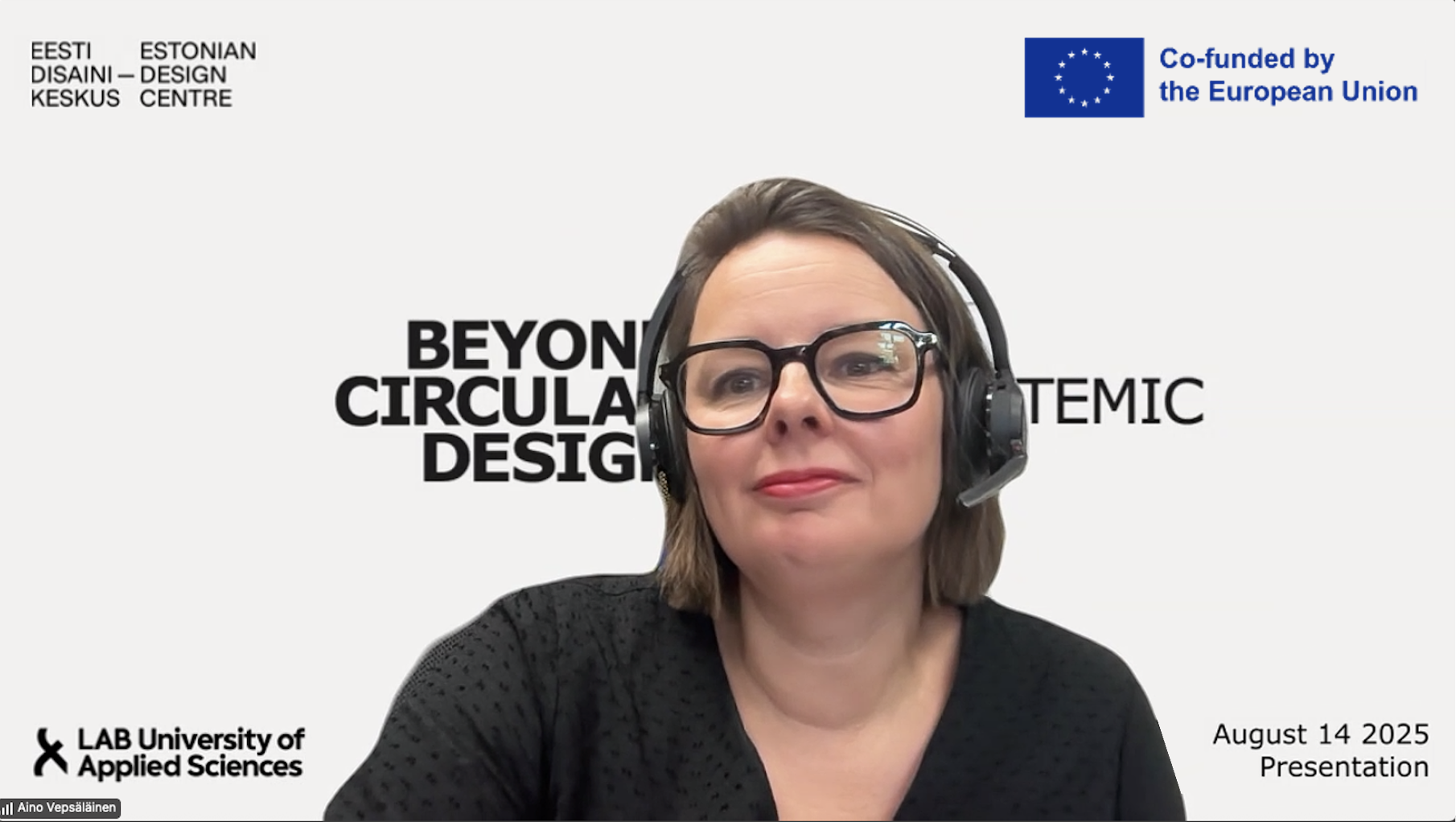
Beyond Circular Design Erasmus+ Final Presentation 14.8.2025
Join us on 14.08.2025 for an online DesignTalks seminar to celebrate the launch of our new designers' development study program Beyond Circular Design Erasmus+ Final Presentation and Q&A.
Beyond Circular Design: Skills for systemic change program is designed to transform designers into systemic thinkers and leaders capable of tackling complex global challenges. By integrating principles of sustainability, circularity, and planet-centered ethics, the curriculum equips designers with the mindset and skills to create solutions that are not only innovative but also resilient, regenerative, and respectful of planetary boundaries. It is divided into five integrated modules: Systems, people, business, design field and design process. Register here

Expert workshop at Estonian Design Centre focusing on the development of the Circular Design Training framework 5.5.2025
Estonian Design Centre hosted a collaborative workshop at its Telliskivi office in Tallinn, bringing together a group of Estonian and Finnish experts to discuss and refine the framework for a new Circular Design Training program. The workshop was part of an ongoing development process of the project.
Participants provided valuable feedback that helped move the framework toward its finalization. The discussions highlighted the importance of deep sustainability expertise in design education and how designers can apply this knowledge in their everyday practice. One key outcome of the workshop was a shared understanding that the framework should represent more than just a traditional Circular Design course. The group explored potential names for the program, recognizing its broader ambition to support systemic and regenerative design approaches.
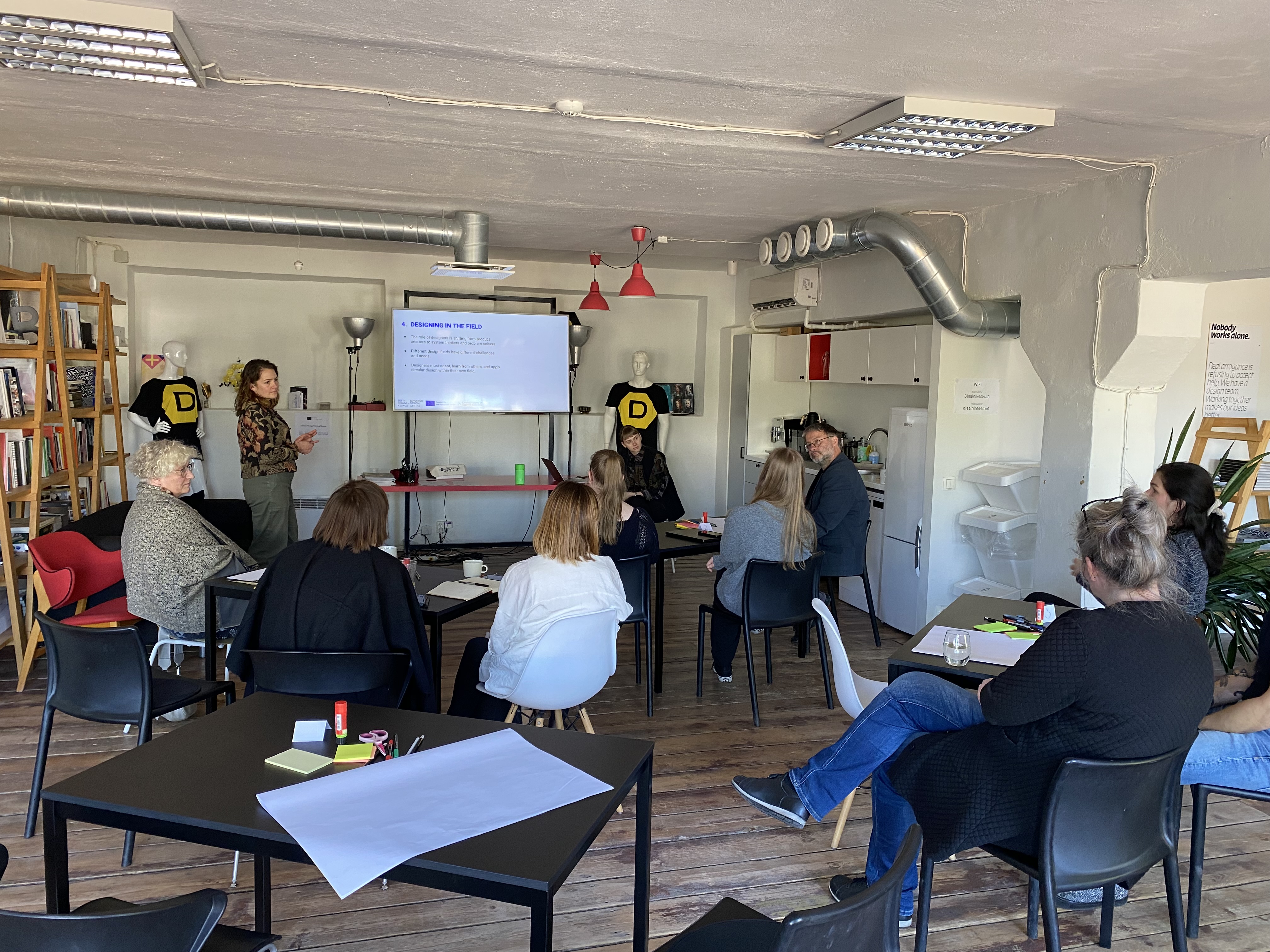
Report: Circular design training courses, tools & methods – Current landscape and future needs
The Circular Design Training Program has published a background report mapping existing course materials, tools, and methods related to circular design. The report highlights the urgent need to update designers’ skills in response to accelerating sustainability demands and regulatory changes. As the design sector plays a key role in enabling the green transition, the report identifies gaps in current training offerings and outlines future directions for developing more impactful, designer-specific education. It also emphasizes the importance of moving beyond linear models and weak sustainability toward regenerative and systemic design approaches. Download the report here
Co-developing the course modules at LAB 27.11.2024
LAB University of Applied Sciences organised a joint workshop with the Estonian Design Centre to co-develop the modules for the Circular Design Training program. The workshop focused on integrating systems thinking and circular economy principles into design education. A designer-driven approach was emphasized as key to enabling sustainable and regenerative change. The workshop marked an important step toward training that supports the transition from linear models to ecologically responsible solutions. Read more here
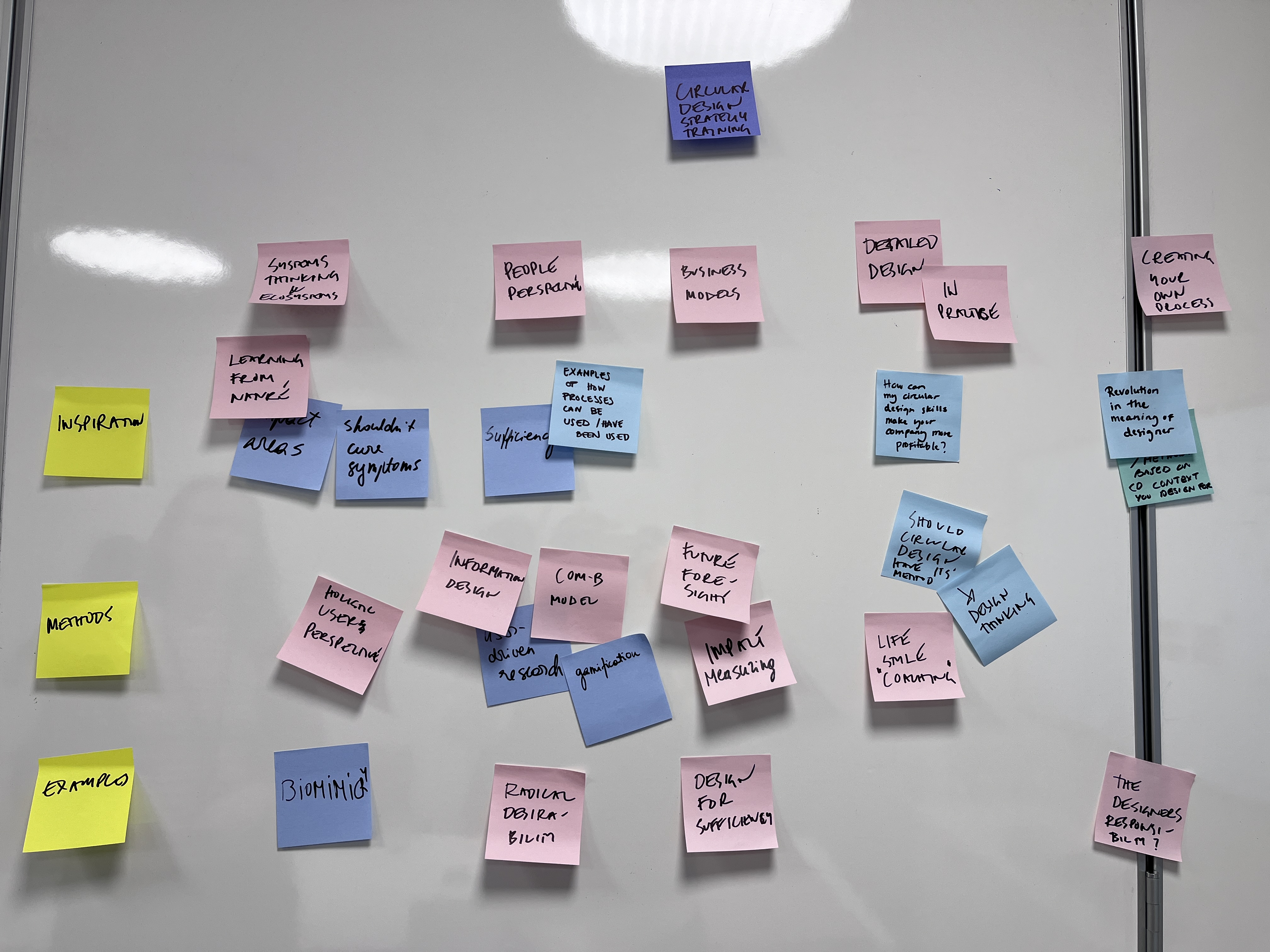
Experts from Estonia and Finland gathered in Tallinn to explore circular design skills and training needs 18.11.2024
As a first step in the joint development process, experts from Estonia and Finland convened at the Estonian Design Centre in Tallinn to identify key barriers and opportunities for implementing circular design. The workshop, facilitated by Leyla Acaroglu, also explored the essential skills required for circular designers.
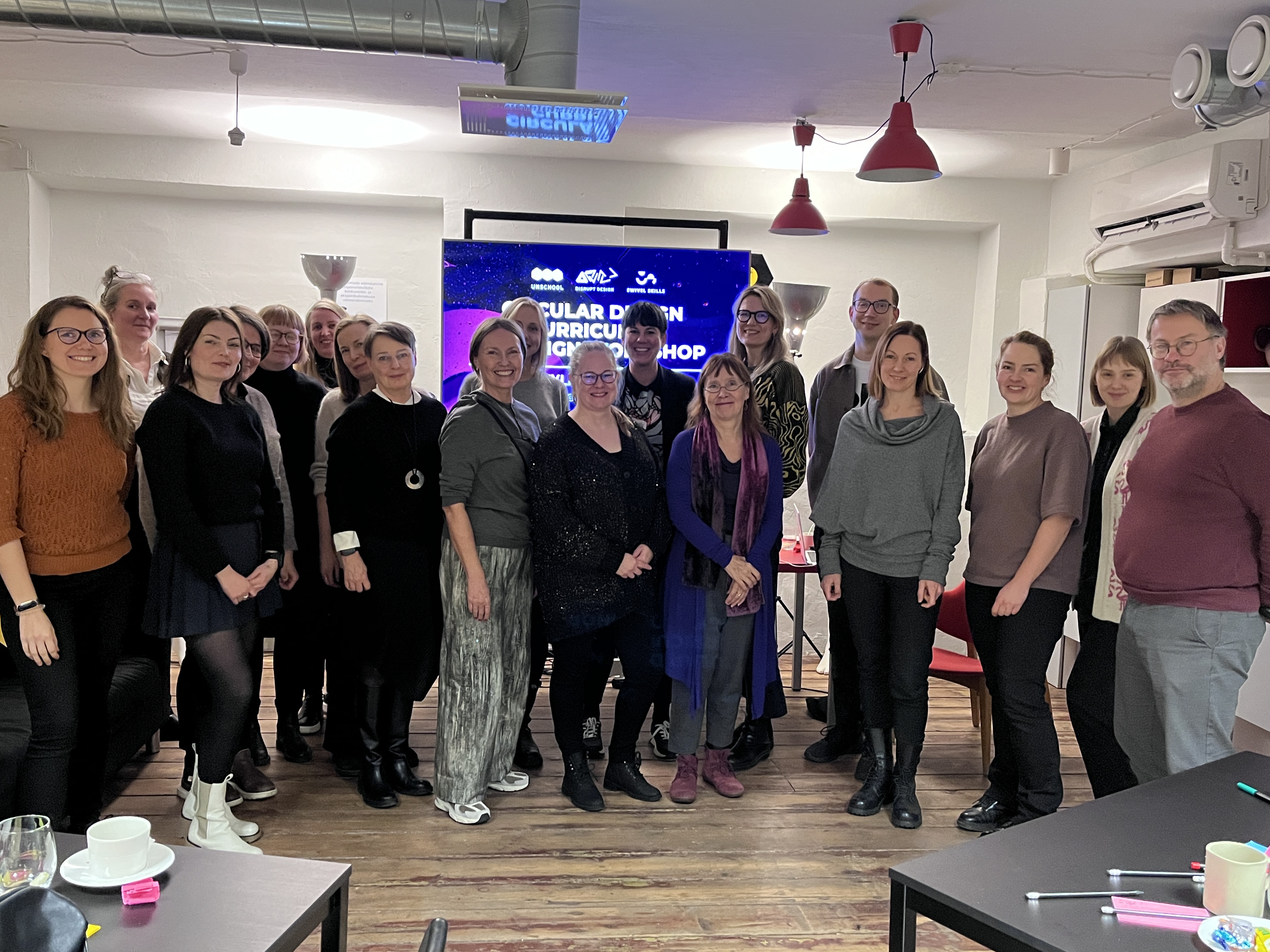
Kick-off in Tallinn: Planning the next steps of Circular Design Training project 30.9.2024
On September 30th, 2024, LAB University of Applied Sciences and the Estonian Design Centre launched their joint project with a kick-off meeting held at the Estonian Design Centre’s office in the dynamic Telliskivi area of Tallinn. The session focused on refining the project’s implementation strategy and defining concrete next steps to support designers in transitioning toward more sustainable and circular practices. The meeting strengthened cross-border collaboration and laid a solid foundation for advancing design-led sustainability through education and innovation. Read more here
